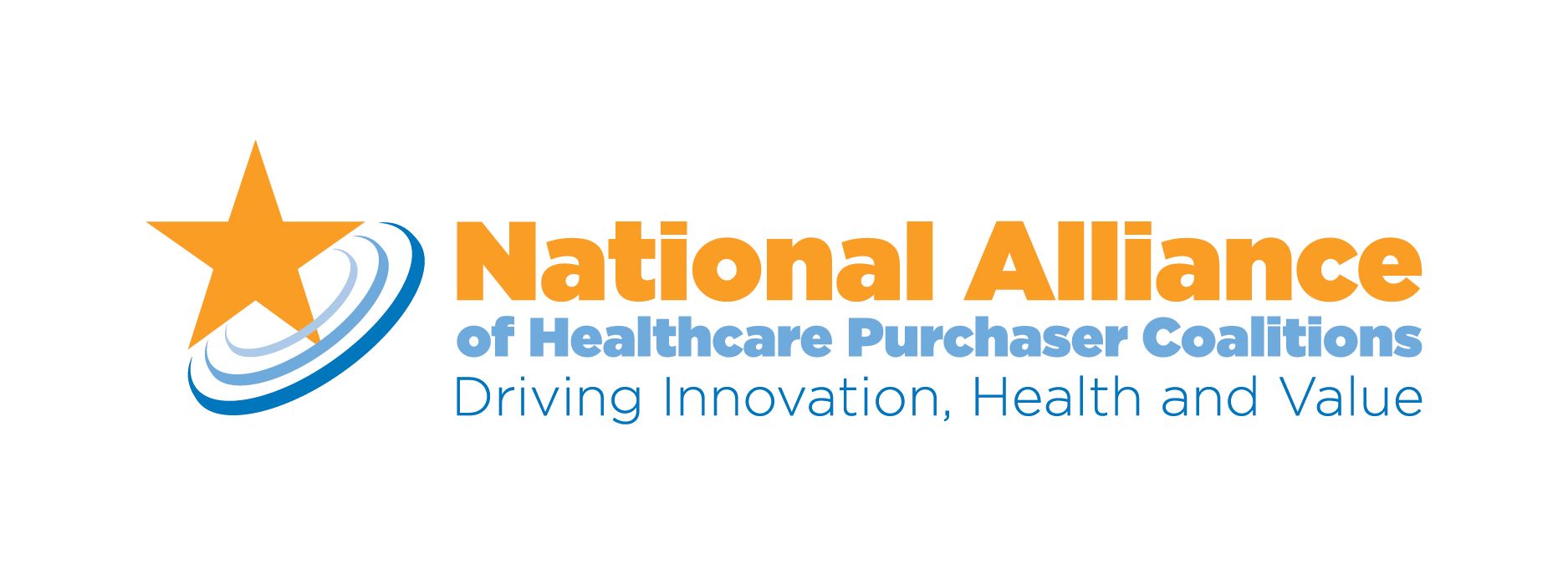
Margaret Rehayem Highlights Strategies From the Employer Playbook on Biosimilars

The Employer Playbook on Biosimilars highlights strategies employers can use to navigate challenges around ensuring employee access to biosimilars at the pharmacy, as well as how to respond to pharmacy benefit managers who aren’t making biosimilars available on the formulary, said Margaret Rehayem, vice president, National Alliance of Healthcare Purchaser Coalitions.
The
Transcript
With multiple biosimilars available for some reference products, are there concerns that there may be a mismatch between what is on formularies and what is available and in stock at with hospitals/providers and at pharmacies? How can employers navigate that if it happens?
I think pharmacists pride themselves—it's almost drummed into them that they have to make sure that they have the right drug available, and that they're giving out the right prescription, and that it is getting to the right patient. I mean, they have to have that process in place. I'm sure there are going to be some issues that come up along the way here.
Employers are going to have to navigate this as it comes up. If there is a way that they can take a look at their current processes for this type of issue so that they could prevent it and be more proactive in it, of course, we'd want to encourage that. But I think that there's probably going to be some issues coming in, because this is a whole new space for employers. This is where they really are starting to take a look at their overall PBM [pharmacy benefit manager] and health carrier process. Many of them haven't even looked at this. They have just taken on what has been done for years now, and they're really having to step back and take a look at each process, how it shows up in their contract, and how to be able to really manage this over a period of time.
I think there will be some employers that will succeed in this area and others that are going to struggle, and we want to make sure that we're working with our regional coalitions to be able to support their members where they're at right now.
The playbook does highlight a lot of different strategies for how to be able to work with Humira, as well as other biosimilars, and we encourage employers and others to take a look at that playbook.
What else from the National Alliance's Employer Playbook on Biosimilars would you like to highlight?
We have a layout in the playbook that's focused on a point-counterpoint. So that point-counterpoint is, if an employer is not feeling very confident about things that their health plan or their PBM is telling them, what can they do? How can they come back? We have a whole list of different point-counterpoint conversations that they can have from, say, their health plan says adopting a biosimilar will result in a loss of rebates and higher costs for the employer, they can come back and say the market suggests the biosimilar should cost approximately 30% less. Why would it cost more? Are the rebates I'm receiving greater than 30%? What are you telling me needs to happen here?
So, it allows them to have a little bit more of a productive discussion with their PBM around what's happening with whether it's adoption of biosimilars or even switching patients from the reference product to a biosimilar. There's a whole point-counterpoint in that playbook that we do want to highlight.
Newsletter
Stay ahead of policy, cost, and value—subscribe to AJMC for expert insights at the intersection of clinical care and health economics.









